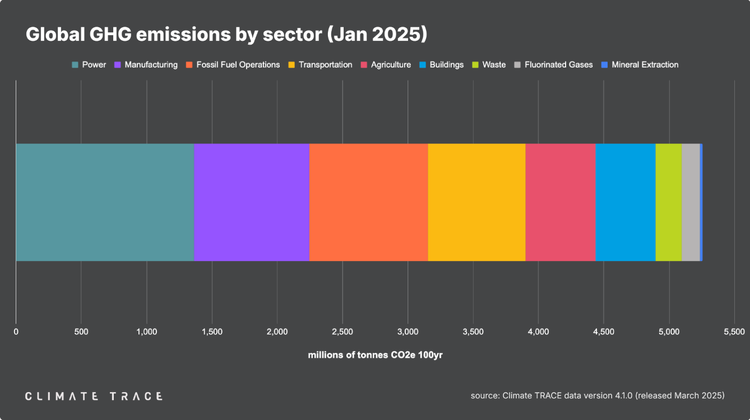Growing integration of nature-related risks in global financial regulations: UN report

A UN-led report has found that nature-related risks are increasingly recognised as critical to financial stability – with various countries introducing nature and biodiversity elements as part of prudential regulation.
In total, 29 of the more than 50 jurisdictions reviewed by the UN Environment Programme’s Finance Initiative (UNEP FI) and WWF have started to consider nature risks in their prudential frameworks, with efforts led by the Global South and Europe.
For instance, various biodiverse countries in the Asia-Pacific region, including Thailand, China, Indonesia, the Philippines and Malaysia, have started to integrate nature-related risks after being early adopters of deforestation regulations.
Brazil and other Latin American countries like Costa Rica, Colombia and Mexico also stand out for including environmental objectives in their taxonomies. South Africa and Kenya have also adopted sustainable finance taxonomies that include nature and biodiversity elements.
Showing the way to equip banks and policymakers
“The Earth is approaching dangerous tipping points, posing grave threats to humanity. This calls for urgent action to transform our global finance system. Strong policy signals and coordinated responses by governments, central banks, and financial institutions are crucial to help protect financial stability by reducing nature-related risks and supporting nature-positive activities,” said Maud Abdelli, WWF Greening Financial Regulation Lead. “The case studies provided in the report show how this can be done, and what types of regulatory actions are currently undertaken to halt biodiversity loss by 2030.”
Examples of regulatory action include integrating nature-related considerations into taxonomies and corporate disclosure frameworks, as is the case in the EU’s Corporate Sustainability Due Diligence Directive (CSDDD), and exploring nature-related stress tests, risk management guidelines and prudential disclosure guidelines for banks (Pillars 2 and 3 of the Basel prudential framework).
UNEP FI and WWF hope the report will support banks and policymakers in preparing for and implementing regulatory requirements around nature-related risks, and to learn from other jurisdictions’ initiatives.
Voluntary corporate action for nature
Beyond regulations, the corporate world is also adopting new standards and disclosures voluntarily in an effort to preserve nature and biodiversity. More than 500 firms have committed to publish nature-related risk disclosures based on the TNFD framework. In addition, some companies are starting to implement nature targets, following the guidance of the Science Based Targets Network on this topic.
In a CSO Futures webinar held on November 26, 2024, Thomas Viegas, Nature Strategy Lead, Aviva and Tom Hegarty, Senior Manager – Lead, Transition planning and targets, Taskforce on Nature-related Financial Disclosures (TNFD) shared practical tips to kickstart a corporate nature strategy in line with international standards, investor expectations and regulatory frameworks. Watch the replay now to find out how nature disclosures can support this work.







Member discussion